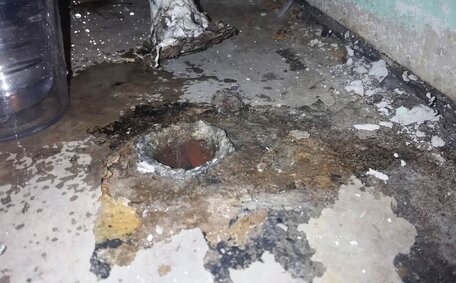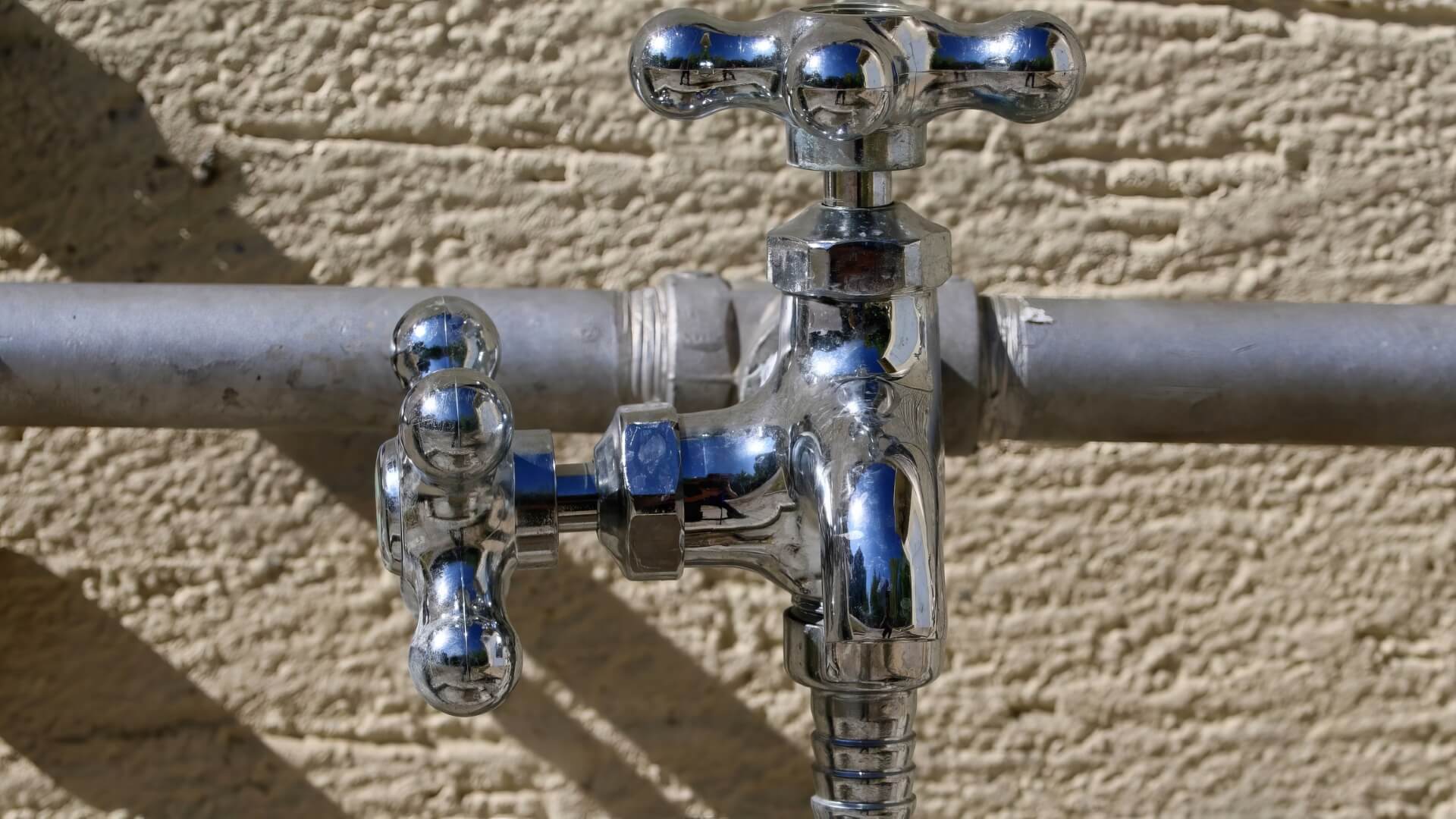The benefits of modern gas appliances
Modern gas appliances enhance safety and efficiency, promoting a seamless transition from legacy fuel sources to cleaner alternatives in residential settings.
Some key advantages include:
- Improved energy efficiency - Contemporary gas appliances offer enhanced efficiency that eclipses earlier models, contributing to lower greenhouse gas emissions. For example, modern natural gas water heaters and reverse cycle furnaces typically achieve efficiency improvements ranging between 15 and 20 per cent.
- Reduced carbon dioxide emissions - Efficient gas appliances, using less energy for tasks such as water heating, contribute to fewer emissions, thus lowering a home’s carbon footprint. They bolster efficient gas cooking and preparation of hot water, veering away from fossil fuels.
- Enhanced safety features - Newer gas appliances have more advanced safety mechanisms to prevent gas leaks, cut off the gas supply if needed, and avoid issues like fire or carbon monoxide poisoning during heating and cooking activities.
- Cost-saving - Employing high-efficiency gas appliances can result in notable reductions in energy bills, comparable to electric counterparts. Using an efficient natural gas furnace or water heater could markedly decrease energy costs annually.
- Smart technology - Advanced appliances such as smart-enabled induction stoves enhance home convenience with remote control and performance monitoring, providing a contemporary substitution for conventional gas stoves.
Securing a planning permit could be necessary when upgrading to high-efficiency gas appliances to guarantee dependable and eco-friendly operation within the home.
Enhanced safety features
Key safety mechanisms include:
- Automatic gas shut-off valves - These are crucial for bottled gas outdoor units and can instantly shut off the gas supply if a leak is detected or if the flame goes out unexpectedly.
- Smart sensors - Smart sensors in appliances fulfil multiple roles, like shutting off the gas for temperature, pressure, and safety management.
- Excess flow valves - These restrict the gas flow if they detect a major leak, limiting the amount of gas escaping.
- Flame failure devices - If the flame goes out for any reason, these mechanisms will automatically cut off the gas so it can’t continue leaking from the burner.
- Safety switches - Allow users to easily shut off the unit manually if any potential issue arises.
Such advancements enable the gas industry to offer broad-ranging safety features in appliances, bolstering home protection.
Smart and connected capabilities
Modern appliances, with their smart technology and connectivity, play a pivotal role in our energy shift, streamlining household operations.
Key examples include:
- Smart thermostats allow for remote temperature control and monitoring, bolstering reverse cycle heating efficiency and indoor air quality. Select models feature occupancy sensing and adaptive algorithms for optimal performance.
- Connected cooking appliances - These can be controlled and scheduled remotely, benefiting your meal preparation and reducing cooking time, via apps, as well as voice assistants, thereby saving time and effort. Features like temperature sensors prevent overheating risks.
- Monitoring functions - Numerous appliances can interface with home energy management systems, allowing gas usage tracking and supporting energy conservation strategies.
- Automatic alerts - Energy-efficient smart appliances can issue warnings concerning identified problems, like leaks or atypical carbon monoxide levels, enabling swift action at their own initiative.
- Over-the-air updates - Software can be remotely updated to add new capabilities, optimise performance and improve security vulnerabilities.
As the transition to smart homes accelerates, driven by the gas substitution roadmap, the integration of connected technology in appliances is set to increase further.
How modern gas appliances support decarbonization
Modern gas appliances contribute significantly to reducing home carbon emissions, thus advancing the Australian energy market’s goal of achieving net zero emissions.
Key ways they make your living spaces greener include:
- High efficiency - Energy-efficient models using electric heat for tasks typically powered by gas directly decrease emissions output.
- Renewable gas connections ready - Many new appliances are compatible with dual fuel options like hydrogen and biomethane which can replace natural gas.
- Smart controls - Features like app connectivity and scheduling optimise the way we use gas to make your home more environmentally friendly.
- Lowering energy demands - The deployment of gas electricity technologies in highly efficient appliances alleviates the strain on the electrical grid by decreasing the need for fossil fuel-based electricity.
As energy networks progress, they are set to further incorporate novel technologies in heating and all-electric appliances, affording users more sustainable energy options.
Advanced systems like hydrogen-ready boilers and hybrid heat pump water heaters, which utilise solar PV energy similarly to solar panels, exemplify how gas technologies can facilitate a greener energy shift.
Transitioning to renewable gas-ready appliances
Many modern gas appliances are now produced with a flexible gas connection, known as 'hydrogen natural gas ready’, meaning they can operate using renewable gas blends.
Renewable gases like biomethane and green hydrogen variants offer lower emissions energy sources as they transition into gas for appliances. Biomethane, captured from organic waste materials, releases minimal emissions when burned, while hydrogen can be produced through electrolysis using renewable energy sources.
As gas networks begin transporting greater quantities of renewable gases, renewable gas-ready appliances can satisfy demand by using cleaner energy sources without modification.
Households looking to move away from fossil fuels should contemplate upgrading their hot water systems to renewable gas-ready models. This ensures continuity of gas supply in future while supporting the decarbonization of gas networks as they transition towards reduced dependence on fossil gas.
Given the goals for Australian homes and businesses to reach net zero emissions by 2050, renewable gas-ready appliances are practical measures to advance sustainable gas consumption.
Compatibility with hydrogen and biomethane
Numerous contemporary gas appliances, particularly gas stoves, are designed for efficient use of renewable gases such as hydrogen and biomethane, rendering them intelligent selections for energy transitions in homes. This allows them to transition away from traditional natural gas as networks start to carry increasing amounts of renewables.
Specifically, compatibility features include:
- Materials compatible for hydrogen - Appliances now utilise upgraded internal components, such as hydrogen-resistant seals and hoses, to accommodate renewable gases.
- Adjustable burner configurations - Burners can be adjusted to properly combust hydrogen/biomethane blends.
- Calibration for different gases - Find out how smart sensors calibrate appliance performance to accommodate different gas compositions.
- Flexible gas intakes - Models may have twin gas intakes to seamlessly switch between natural gas and hydrogen lines.
With targets for net zero emissions, hydrogen and biomethane will likely supply over 50% of gas by 2050. So the ability to utilise these renewable gases is key for future gas network transitions.
When settling into their new home and incorporating energy-efficient appliances, households should prioritise units prepared for renewable energy, aligning with green initiatives during the upgrade process.
Innovations on the horizon
Continued innovation in heat pump hot water systems is promising, with new technologies on the horizon set to benefit households.
One key area of research is improving compatibility with renewable gases like hydrogen and biomethane. Appliances with enhanced smart sensors and burner configurations are being developed to seamlessly adjust performance as gas networks transition to carrying blends hydrogen with natural gas.
Integrating batteries into heat pumps for hot water appliances is another concept being explored. Gas heat pump water heaters with built-in batteries could store renewable electricity and help balance loads on the grid during peak periods.
Advanced connectivity and automation is also coming down the pipeline. Imagine an appliance that automatically optimises its schedule around your usage patterns and electricity prices while integrating with your smart home ecosystem.
Safety mechanisms are also set to get an upgrade. Appliances with self-diagnostic capabilities and predictive maintenance alerts will minimise gas leaks while reducing costly repair bills.
And as renewable gases become more prominent, we may see a roll out of new, specialised micro cogeneration units for combined water heating and green power generation.
While the future is hard to predict, it’s likely we’ll continue to see gas technology enhance efficiency, safety and environmental performance. When the time comes to upgrade appliances, Dural households would do well to look for those leading the charge in innovation.
Policy changes and incentives
There are several policy changes and incentives aimed at encouraging Sydney households to adopt modern, efficient gas appliances.
Key examples include:
- State initiatives, like rebates of up to $1,000 from the NSW, ACT, and Victorian Governments, incentivise the replacement of outdated gas hot water systems with energy-efficient alternatives. This helps to decrease emissions by boosting efficiency in domestic settings.
- Nationwide federal rebates of up to $1,000 to replace old appliances with over 4-star rated efficient gas heating systems also support the transition to an all-electric home environment.
- The federal government’s new energy efficiency standards for residential gas appliances mandate a minimum efficiency rating for all new units sold, facilitating the phase-out of inefficient models.
- Multiple energy retailer incentives are available, offering bill discounts to households that use highly efficient, over 6-star rated gas technology.
These incentives are devised to assist Sydney’s move towards more sustainable gas usage, aligning with wider emissions reduction strategies.
As renewable gases become more widespread, we can anticipate further policies and incentives that advocate for modern gas appliance adoption.






